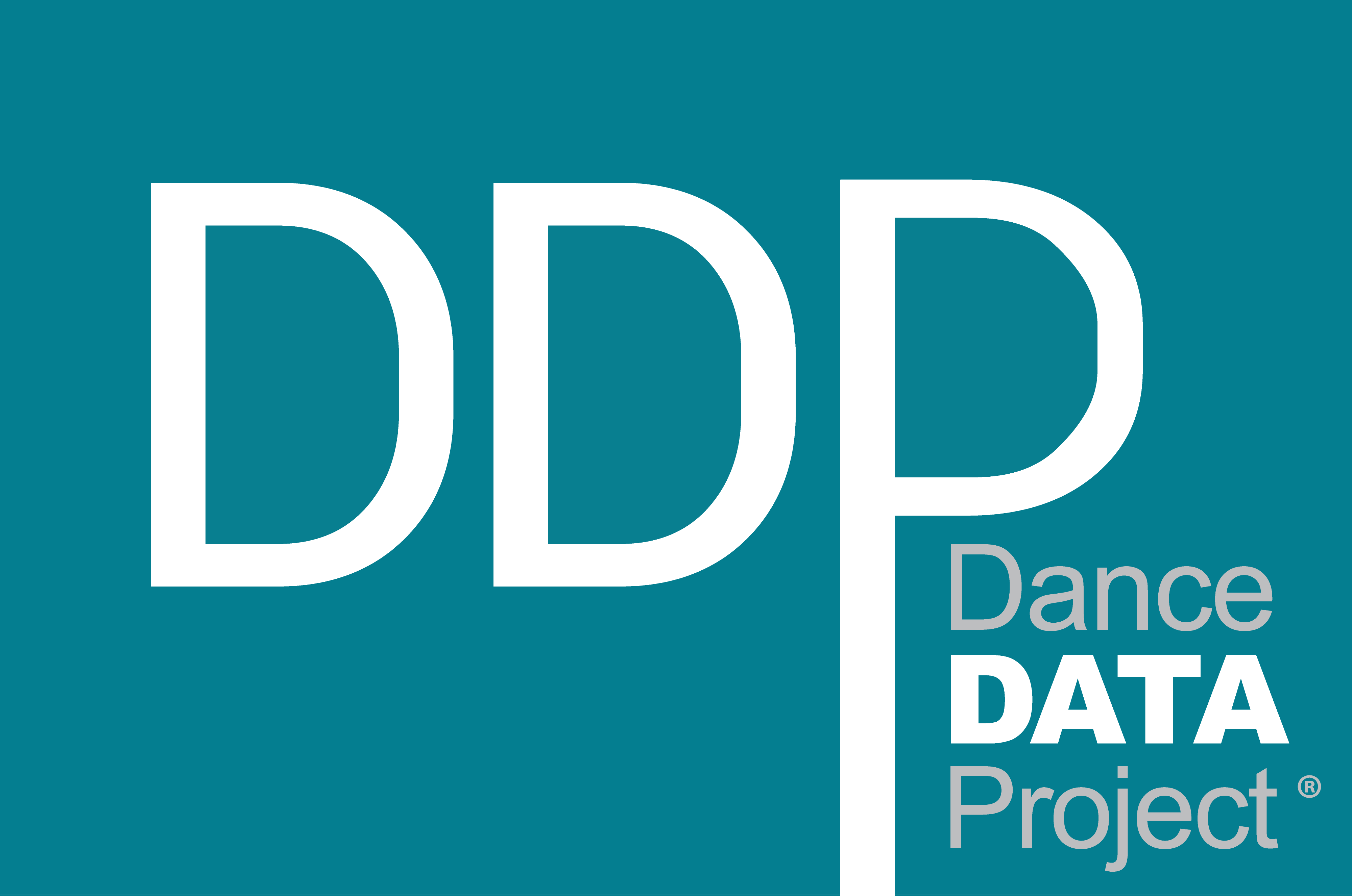DDP Talks To
"The Devil Ties My Tongue" by Amy Seiwert performed for the SKETCH Series, 2013. Photo by David DeSilva. Courtesy of Amy Seiwert's Imagery
March 3rd: Dance | NYC: Dance Workforce Resilience (DWR) Fund, March 31st: SIA Foundation Grants
×
"The Devil Ties My Tongue" by Amy Seiwert performed for the SKETCH Series, 2013. Photo by David DeSilva. Courtesy of Amy Seiwert's Imagery
DDP Talks To…Sara Clayborne and Emily Hartka, Co-Directors of Charlottesville Ballet
DDP Talks To…Anne Maher, Artistic Director of Ballet Ireland
26 May 2021
By Elaine Sciolino and Alex Marshall
Move over, Mona Lisa. You may be about to have competition as the most-talked-about woman in the Louvre.
For the first time since its creation in 1793 in the wake of the French Revolution, the Musée du Louvre will be headed by a woman, Laurence des Cars, the current head of the Musée d’Orsay and the much smaller Musée de l’Orangerie.
Des Cars, 54, was appointed on Wednesday as the museum’s president-director by the president of France, Emmanuel Macron.
“Four years at the Orsay gave me this confidence, this crazy idea that I could be the next president of the Louvre,” des Cars said in an hourlong telephone interview. “The president probably saw that I was ready for the job and that I am somehow serene. I am not overanxious. I have to stay very calm.”
On Sept. 1, des Cars will replace the museum’s leader of eight years, Jean-Luc Martinez, who had waged an intense media campaign to stay on for a new five-year term.
The two museum directors could not be more different. Both studied art history at the École du Louvre, the museum’s prestigious school. But the Louvre has traditionally been run by upper-class art historians, and Martinez, a trained archaeologist with little expertise in painting, was the son of a postman from a working-class suburb of Paris. Des Cars, a specialist in 19th- and early-20th-century painting, is descended from a French noble family of writers.
To read the full article, click here.
5 May 2021
By Courtney Connley
In the United States, mothers working full-time, year-round make an average of just $0.75 for every dollar paid to full-time working fathers, according to a new analysis from the National Women’s Law Center.
As a result, the average working mom has to work an additional five months into the new year to reach the same pay fathers earned the previous year, leading Mother’s Equal Pay Day to fall on May 5 this year. That’s nearly two months after equal pay day was reached for women on March 24, as full-time working women on average earn just $0.82 for every dollar paid to men.
This pay gap for working mothers leads to a loss of $1,275 a month and $15,300 a year in wages. For women of color, this gap is even higher with full-time working Latina, Native American and Black moms being paid an average of $0.46, $0.50 and $0.52, respectively, for every dollar paid to white fathers.
“This loss is depriving moms of their ability to weather this [Covid-19] storm,” NWLC Director of Research Jasmine Tucker tells CNBC Make It. “We know that about one in four women who are unemployed right now have been looking for work for a year…just imagine what that $15,000 or more could do if you had that sitting in the bank because you were paid what you were owed before this all happened.”
In front-line occupations like nursing, waitressing and housekeeping, full-time working mothers are paid just $0.84, $0.67 and $0.65, respectively, for every dollar paid to full-time working fathers doing the same job.
To read the full article, click here.
Notes from DDP: This is how to move forward post pandemic, with interesting new work and both existing commissions and world premieres from women choreographers. Congrats to Hubbard Street Dance Company alums Alejandro Cerrudo and Robyn Minenko Williams from your fans in Chicago!
Dance Data Project® today announced today released Part 1 of its annual “Largest 50” analysis of United States ballet companies. DDP has also greatly expanded its research scope, surveying a total of 126 U.S. ballet companies,* an increase of 70% from 74 companies surveyed in 2020.
Reach out to us to learn more about our mission.
"The Devil Ties My Tongue" by Amy Seiwert performed for the SKETCH Series, 2013. Photo by David DeSilva. Courtesy of Amy Seiwert's Imagery
